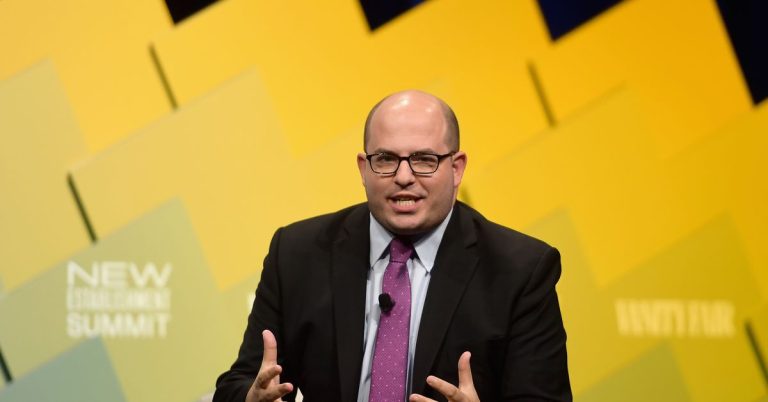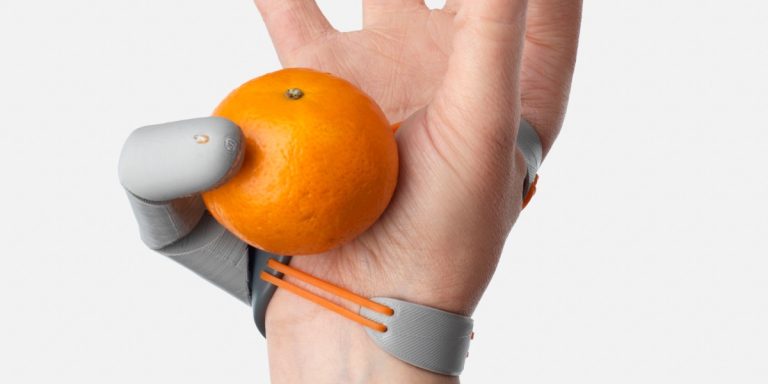“Wait, what? How?” Emily Jones wasn’t used to being left behind. A top sim-racing driver with multiple wins to her name, Jones jerked the steering wheel in the esports rig, eyes fixed on the screen in front of her: “I’m pushing way too hard to keep up— How does it do that?” Her staccato commentary intercut with squealing tires, Jones flung her virtual car around the virtual track at 120 miles per hour—then 140, 150—chasing the fastest Gran Turismo driver in the world.
Built by Sony AI, a research lab launched by the company in 2020, Gran Turismo Sophy is a computer program trained to control racing cars inside the world of Gran Turismo, a video game known for its super-realistic simulations of real vehicles and tracks. In a series of events held behind closed doors last year, Sony put its program up against the best humans on the professional sim-racing circuit.
What they discovered during those racetrack battles—and the ones that followed—could help shape the future of machines that work alongside humans, or join us on the roads. Read the full story.
—Will Douglas Heaven
We’re rewriting what we thought was possible in biotech
The tech in biotech is nailing it. Machine learning and artificial intelligence can now figure out who has a condition (perhaps better than your doctor can), establish a medical checklist to diagnose you, and help target likely treatments. AI models can help design drugs or find a new purpose for existing ones.
However, challenges remain. Models trailed by our historic data pick up our flaws and biases. People across the world are working on addressing these in order to help biotech to fulfill its promise, including some of those listed in the biotech section of MIT Technology Review’s 35 Innovators under 35 this year. Check them out.
The must-reads






